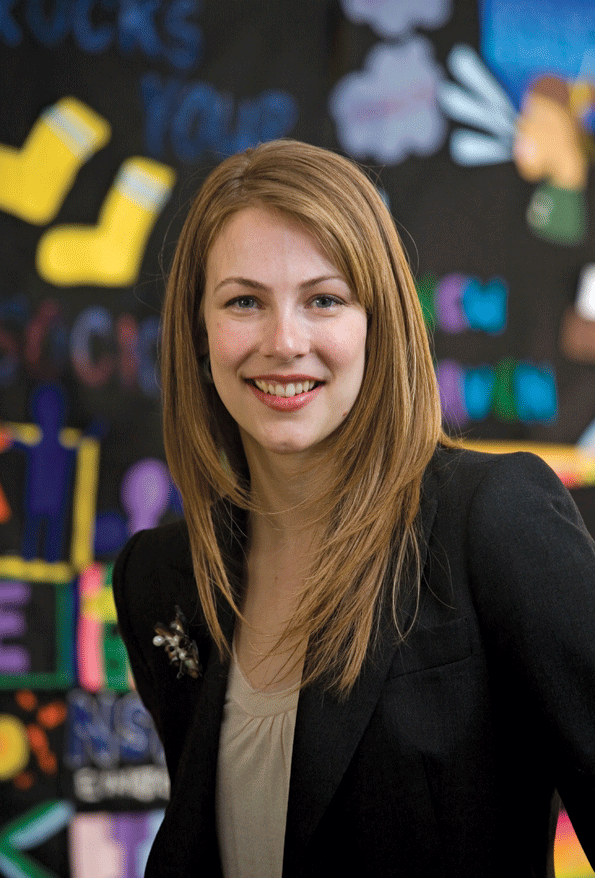
During her sophomore year at Yale University, Lodal worked with Brian Kreiter to found National Student Partnerships, an organization that works with college student volunteers to combat poverty in the US. Following the success of their first site in New Haven, CT, NSP expanded to operate in 11 cities across the country.
Occupation: CEO, Co-Founder National Student Partnerships
Hometown: McLean, Va.
WHY DID YOU MOVE TO WASHINGTON, D.C.?
I established National Student Partnership’s headquarters in Washington in 1999 while I was still in school at Yale, because I always knew I would return after college. It made sense for a national organization focused on poverty alleviation to be based in D.C., which sits at the epicenter of the NGO, advocacy, and political worlds.
WHAT IS YOUR GREATEST FEAR?
Most people in the non-profit world have a huge fear of failure due to lack of money, and I fall squarely in that camp.
FAVORITE TIME OF DAY?
Early morning before anyone else has come into the office.
DRINK OF CHOICE?
Nothing beats a well-made classic margarita on the rocks with salt.
WHAT DO YOU DO FOR FUN?
My fiancée is a musician, so we see a lot of live music. I have wonderful, creative friends, many of whom happen to be fantastic cooks and hosts.
WHAT IS YOUR FAVORITE BOOK?
The Solace of Open Spaces by Gretel Ehrlich.
WHAT DO YOU LOVE MOST ABOUT THE CITY?
The people. Everyone I know in D.C. is so curious about life and so driven to make change in some way or another. It’s a city filled with brilliant people, many of whom don’t make much money, so there’s a certain purity to what drives people to do their work.
WHAT DO YOU HATE ABOUT THE CITY?
Being disenfranchised.
DOES SOCIAL RESPONSIBILITY COME WITH AGE AND EXPERIENCE, OR IS ONE BORN KNOWING THAT IT IS AN IMPORTANT ISSUE?
Social responsibility is passed through family, the classroom, direct service experiences, the media, the workplace, and the list goes on.
It takes so many different forces to create a strong culture of social responsibility in our society, but I do think people are most profoundly impacted by direct service experiences.
